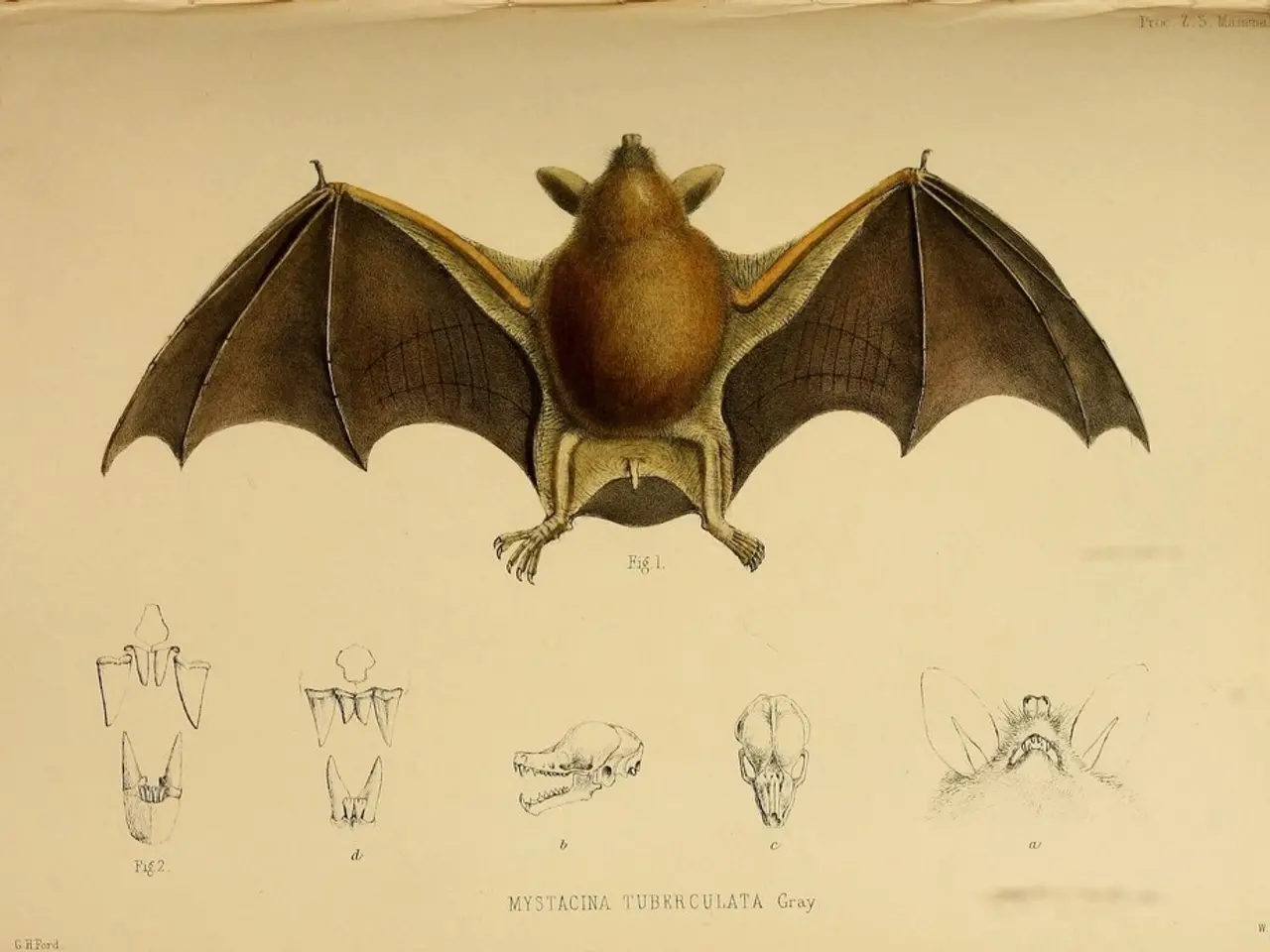Annual production capacity of 1.5 million HPQ ENDURA+ 18650 cells established by HPQ Silicon Projects
HPQ Silicon Inc. and its subsidiary, Novacium SAS, are actively seeking financing to build a dedicated pilot plant for the production of GEN3 anode material. This move is aimed at strengthening their ability to meet the growing demand for high-performance cylindrical lithium-ion batteries.
The proposed facility, if constructed, will be specifically designed for the production of GEN3 anode material. This will ensure process consistency, scalability, and seamless integration with existing cell manufacturing infrastructure. The plant, with a production capacity of 50 tonnes per year, would support the manufacturing of up to 1.5 million HPQ ENDURA+ and/or NOVACIUM-branded 18650 lithium-ion battery cells annually.
Currently, Novacium's Lyon, France, facility is capable of producing approximately 2 tonnes per year of GEN3 anode material. Scaling the production capacity to 50 tonnes per year would enable the manufacture of approximately 40 million HPQ ENDURA+ and/or NOVACIUM-branded 18650 battery cells annually. This scale of output would represent a significant step toward addressing the fast-growing demand for high-performance cylindrical lithium-ion batteries.
Comparable 18650 cells currently available on the market typically offer lower energy density and shorter cycle life. By producing GEN3 anode material, HPQ and Novacium aim to address these issues, offering cells with improved performance.
Bernard Tourillon, President and CEO of HPQ Silicon Inc. and Novacium SAS, stated that the company's ability to produce sufficient material for over a million high-performance battery cells per year demonstrates the commercial readiness of their GEN3 technology.
Once the financing is secured and the project is completed, it will transition into detailed engineering, followed by construction and commissioning, setting the stage for scaled commercial production and long-term revenue generation.
HPQ is in active discussions with financial partners including the Caisse de dépôt et placement du Québec (CDPQ) and other institutional investors to support the construction and financing of the pilot plant. With the construction of a dedicated plant, HPQ and Novacium will be positioned to deliver tens of millions of advanced cells annually, further monetizing their technology portfolio and pursuing North American production opportunities in line with global supply chain priorities.
In conclusion, the planned expansion of Novacium's GEN3 engineered silicon-based anode material production capacity represents a significant step towards addressing the growing demand for high-performance cylindrical lithium-ion batteries. With the support of financial partners, HPQ and Novacium are poised to deliver advanced battery cells, strengthening their position in the global market.
Read also:
- EU's Role in Brazilian Rainforest Destruction
- Solar Shutdown: Merz Proposes Billions of Gas Discharge - Reverse Plan
- New guidelines for NEPA processes unveiled by federal agencies, in alignment with Executive Order 14154 and the Seven County Decision of the Supreme Court
- Central Illinois grapples with concerns over carbon capture technologies








